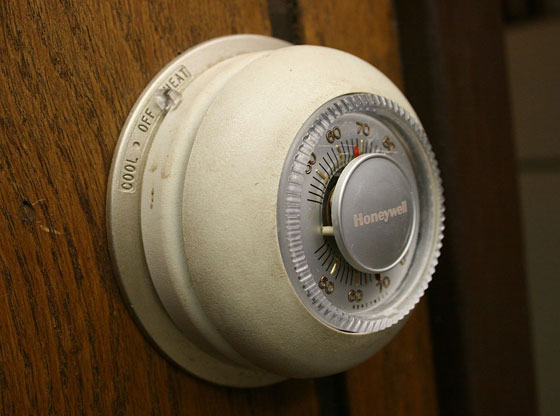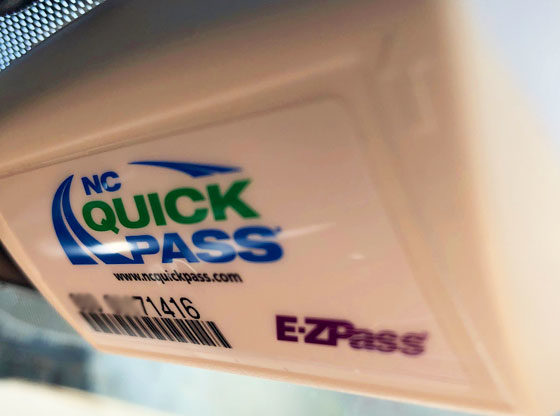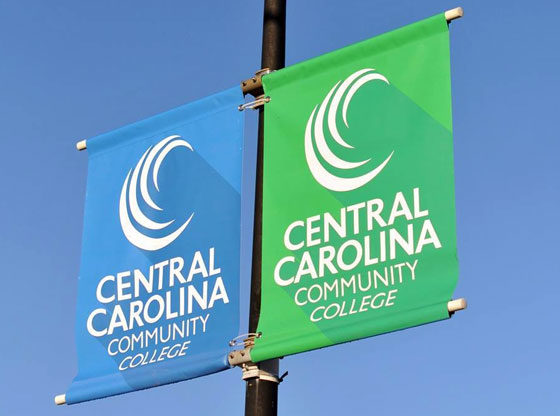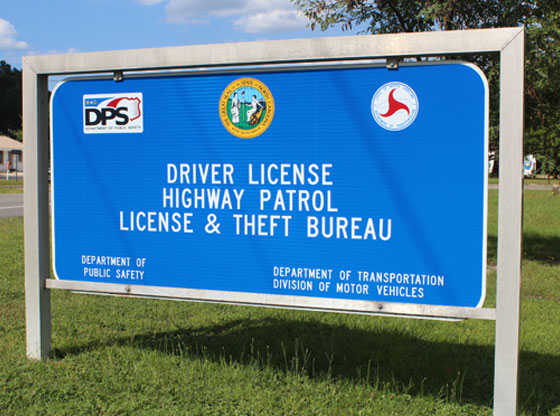The North Carolina Department of Health and Human Services has $43.9 million available from the administration for children and families to support the Crisis Intervention Program in state fiscal year 2018-19.
The program provides funds distributed through county departments of social services to help qualifying low-income households who are experiencing a heating or cooling related crisis.
During SFY 2017-18, county departments of social services helped 104,853 North Carolina households with assistance with utility bills or securing fuel or cooling resources.
“This program is designed to help alleviate heating emergencies during the winter months and cooling emergencies during the summer months,” said NC Division of Social Services Director Wayne Black. “Assistance can prevent health and safety impacts from these emergencies.”
A household is in a crisis if it is experiencing or is in danger of experiencing a life-threatening or health related emergency and sufficient, timely and appropriate assistance is not available from any other source.
A life-threatening emergency is defined as a household which has no heating or cooling source, or has a disconnect notice for primary heating or cooling service, and the health or well-being of a household member would be in danger if the heating or cooling crisis was not alleviated. Households are individually evaluated by county departments of social services staff to determine whether there is a heating or cooling crisis.
Applications may be made at county departments of social services offices through June 30, 2019, while the funds are available. Benefits for families may vary, depending on the amount needed to alleviate the crisis. Eligible households may receive up to a maximum of $600 in assistance in a fiscal year.
To be eligible, a household must have at least one person who meets certain criteria including being income eligible and have a heating or cooling related emergency.
Full eligibility details are available online at www.ncdhhs.gov/crisis-intervention-program. If approved, the assistance is provided directly to the vendor or utility.
contributed

















